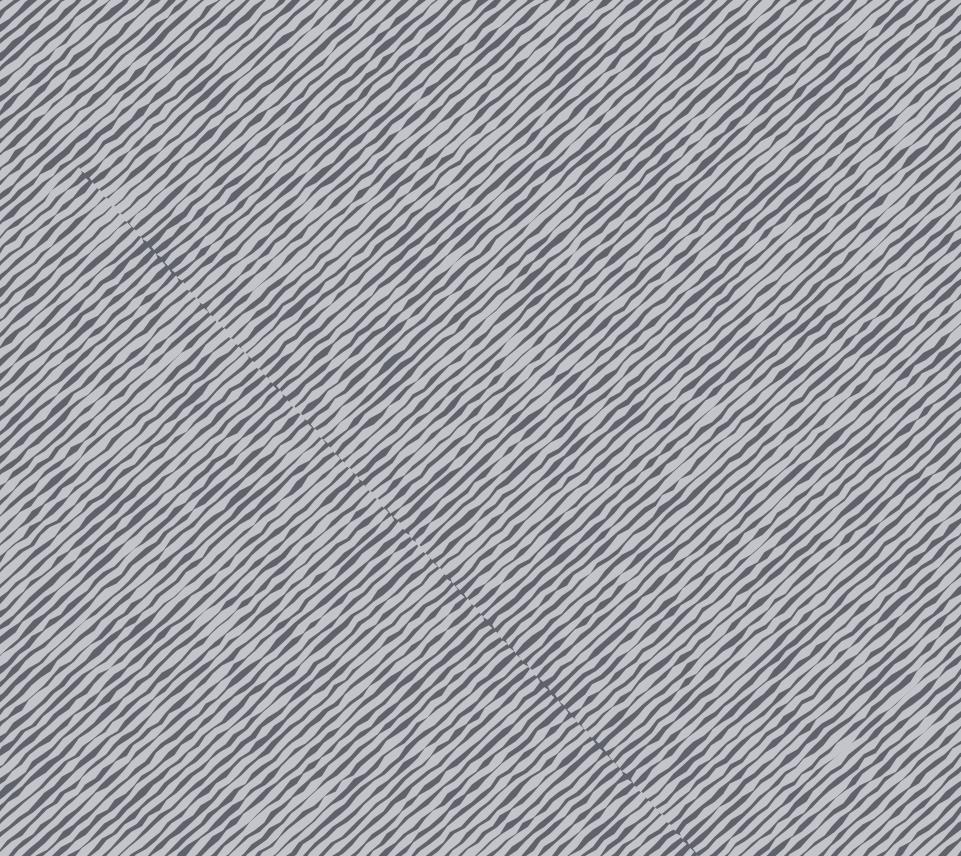
5 minute read
פרשת יתרו
ISSUE 1360 FEB 15 TH '20
פ"תש שבט' כ
Advertisement
PARSHAT YITRO
SPECIAL DVAR TORAH FOR THE READING OF ASERET HADIBROT By Rabbi Dovid Miller page 24
OU KASHRUT PAGE By Rabbi Ezra Friedman page 46

YERUSHALAYIM IN/OUT TIMES FOR SHABBAT PARSHAT YITRO Candles4:49PM • Havdala 6:03PM • Rabbeinu Tam 6:42PM
WEEKLY INSPIRATION “When a person truly looks at the good side of others, he comes to love them deeply, without needing to rely on even a trace of flattery. For, concentrating on people’s good aspects, which one always encounters, truly conceals all of the bad aspects. ‘A clever man conceals disgrace.‘ ” (Mishlei 12:16) Rabbi Abraham Isaac HaKohen Kook zt”l, An Angel Among Men, p.503
TABLE OF CONTENTS
06 Aliya by Aliya Sedra Summary 16 Redemption Rabbi Dr. Tzvi Hersh Weinreb 20 The Universal and the Particular Rabbi Lord Jonathan Sacks 24 Who Knows Ten? Rabbi Dovid Miller 26 Probing The Prophets Rabbi Nachman Winkler 28 Spiritual Sacrifices Rabbi Shalom Rosner 32 Seeking Hashem Rebbetzin Shira Smiles 34 A Yidishe Kup Rabbi Judah Mischel 40 Jewish Video Program Weekly OU Israel Center Schedule 45 Torah Tidbits This 'n That Phil Chernofsky
46 Tevilat Kelim for a Restaurant, Hotel or Catering Service Rabbi Ezra Friedman 48 Simchat Shmuel Rabbi Sam Shor 52 Baruch Hashem Rabbi Aaron Goldscheider 60 Frozen Challa for Lechem Mishneh Rav Daniel Mann, Eretz Chemda 62 Elective Surgery Rabbi Gideon Weitzman, Machon Puah 64 Parshat Yitro Rabbi Berel Wein 66 Isn’t it Racist for Jews to Only Marry Jews? Rabbi Uri Pilichowski 72 Life’s Blessings Rabbi Benji Levy 76 Torah 4 Teens By Teens Elana Phillips // Yael Emmer
CONVERSATION
Former Chief Rabbi of the United Hebrew Congregations of the Commonwealth
לעילוי נשמות פנחס בן יעקב אשר וגולדה בת ישראל דוד אייז ע״ה עזריאל בן אריה לייב ומעניה בת יצחק שרטר ע״ה
Dedicated by Dr. Robert Sreter DDS., M.S.
The Universal and the Particular
The quintessential Jewish expression of thanks, gratitude and acknowledgment is Baruch Hashem, meaning “Thank God,” or “Praise be to the Lord.”
Chassidim say of the Baal Shem Tov that he would travel around the little towns and villages of Eastern Europe, asking Jews how they were. However poor or troubled they were, invariably they would reply, Baruch Hashem. It was an instinctive expression of faith, and every Jew knew it. They might have lacked the learning of the great Talmudic scholar, or the wealth of the successful, but they believed they had much to thank God for, and they did so. When asked what he was doing and why, the Baal Shem Tov would reply by quoting the verse: “You are holy, enthroned on the praises of Israel” (Psalm 22:4). So every
time a Jew says Baruch Hashem, he or she is helping to make a throne for the Shechinah, the Divine Presence.
The words Baruch Hashem appear in this week’s parsha. But they are not spoken by a Jew. The person who says them is Yitro, Moshe’ father-in-law. Rejoining Moshe after the Exodus, bringing with him Moshe’s wife and children, and hearing from his son-in-law all that had happened in Egypt, he says, “Praise be to the Lord [Baruch Hashem], who rescued you from the hand of the Egyptians and of Pharaoh, and who rescued the people from the hand of the Egyptians” (Ex. 18:10).
Three people in the Torah use this expression – and all of them are non-Jews, people outside the Abrahamic covenant. The first is Noach: “Praise be to the Lord, the God of Shem” (Gen. 9:26). The second is Avraham’s servant, presumed to be Eliezer, whom he sends to find a wife for Yitzchak: “Praise be to the Lord, the God of my master Avraham, who has not abandoned His kindness and faithfulness to my master” (Gen. 24:27). The third is Yitro in this week’s parsha.
Is this significant? Why is it that this praise of God is attributed to Noach, Eliezer and Yitro, whereas from the Israelites, with the marked exception of the Song at the Sea, we seem to hear constant complaints?
ROSNER
Rav Kehilla, Nofei HaShemesh Maggid Shiur, Daf Yomi, OU.org Senior Ra"M, Kerem B'Yavneh
Spiritual Sacrifices
In Parshas Yisro, we encounter the momentous event of Matan Torah. In preparation for the presentation of the Luchos, Hashem requests that Moshe ascend the mountain and instructs Moshe to warn the people to keep their distance from Har Sinai. Upon Moshe’s descent, the :states Torah רד משה מן ההר אל העם Moshe-“ descended from the mountain to the people” (Shemos 19:14).
Rashi derives from this language – melamed shelo haya Moshe pone l’asakav, ella min hahar el ha’am - we learn that Moshe did not turn to his own business, rather he went from the mountain directly to the people. Why does Rashi find it necessary to stress that Moshe was not diverted? To what business would Moshe have attended? Would he have checked his investments? Any mail or bills he may have received while he was gone? In the desert, Moshe was not exposed to these
In loving memory of Rabbi Dr. O. Asher Reichel l"vf on his 8th yahrzeit, hay h"i From the Bronner and Reichel Families
distractions. If Hashem instructed Moshe to relay a message to Am Yisrael upon his descent from the mountain, it is no surprise that he went directly to the people to fulfill his duty. If so, why is it necessary for the Torah to state the obvious- that Moshe descended from the mountain directly to the people?
The Likute Yehoshua (Rav Yehoshua Scheinfeld) cites a story by Rav Yehezkiel M’Kozmir that provides us with a deeper understanding of this pasuk. The Rebbe was travelling through various Polish towns on Rosh Chodesh Sivan. Although the town he was visiting asked that he remain for Shavuos, the Rebbe insisted that he had to return home. He explained his reasoning based on our pasuk. What “business” could Moshe have attended? Not a material pursuit, rather a spiritual pursuit. Moshe just returned from a meeting with Hashem. He could have selected to be by himself for a few moments to internalize the conversation, perhaps meditate and enhance his spirituality. Yet, Moshe chose to advance the spirituality of the nation at the expense of strengthening his own spirituality. Based on this, the Rebbe explained, although personally he would benefit from remaining in the town for Shavuos, he felt that it would be important for his kehilla’s (congregation’s) spirituality to be with them for the chag.



